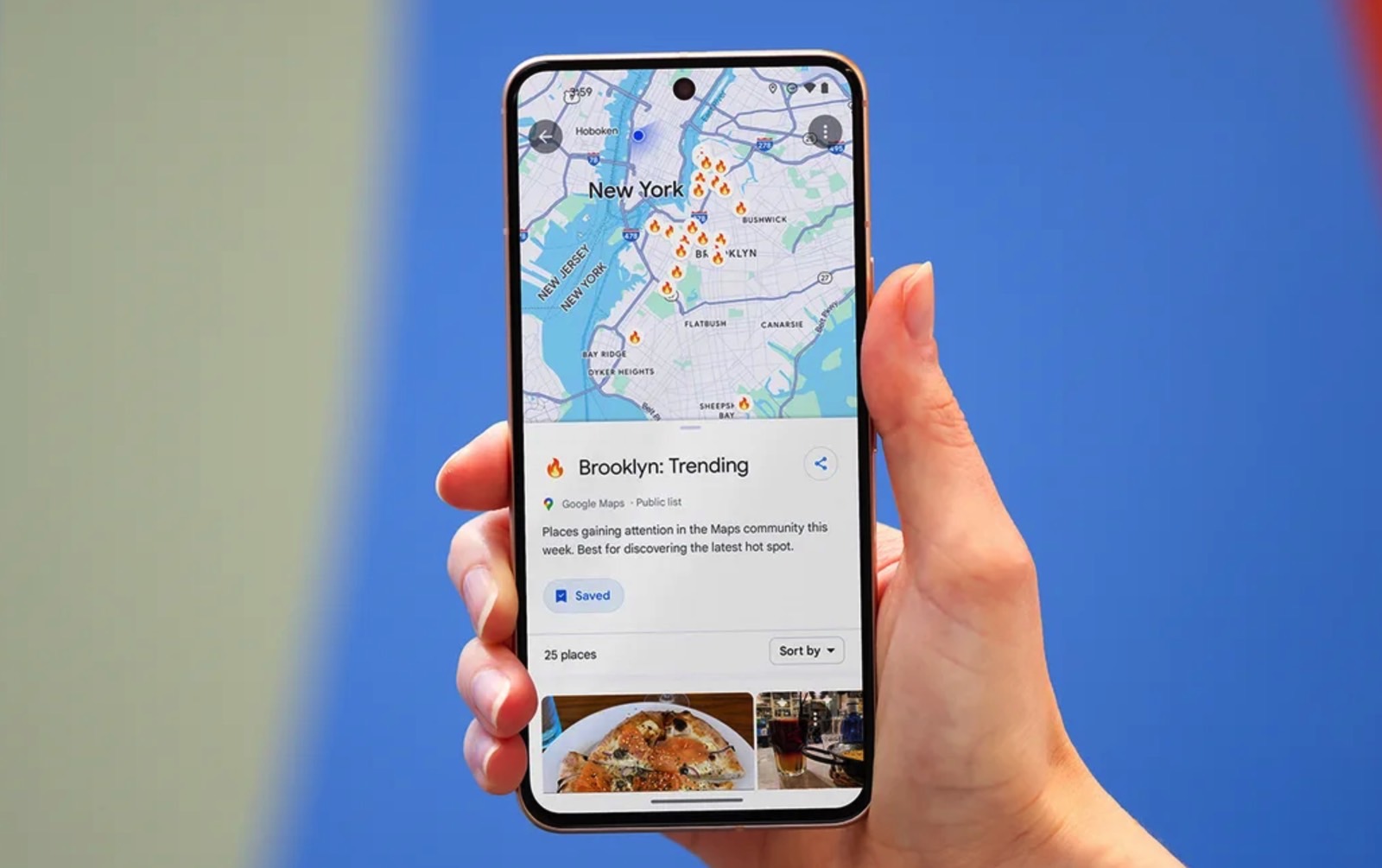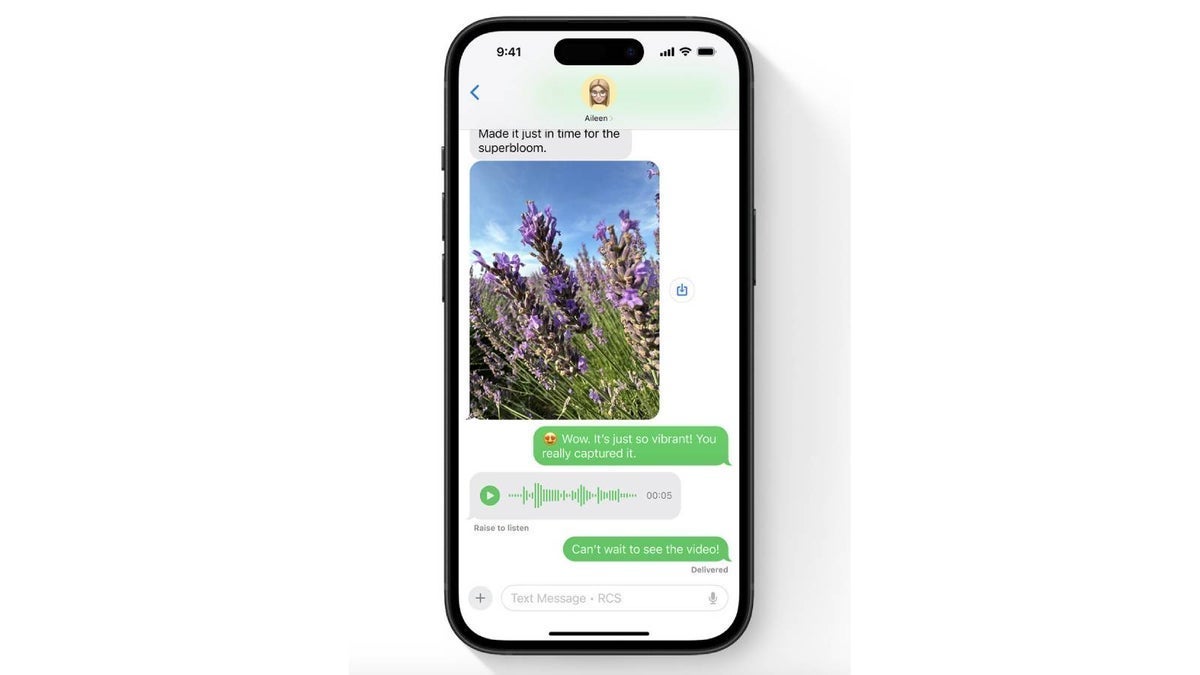Amazon Web Services (AWS) has stirred the Nigerian cloud market by allowing naira payments, but local providers like Okra and Nobus Cloud believe the move is more a formality than a game-changer. For them, AWS’s shift is just another move from a global giant, offering no real competitive advantage in a market increasingly concerned with currency fluctuations.
“I don’t necessarily think it’s anything more than that [a move by from a big player],” said Fara Ashiru, CEO of Okra which launched Nebula, a cloud infrastructure product in 2024. “You are exchanging your USD bill at the going rate of naira. It’s the same thing, just in a different packaging.”
Ashiru’s comments underline the crux of the local providers’ argument: While AWS now accepts naira payments, the cost structure remains unchanged— pegged to the USD and converted to naira at the prevailing exchange rate. They argue that local providers’ pricing mitigates the risks of exchange rate volatility.
“Our cost is still about 30-35% lower than what AWS charges,” said Stephen Okoye, COO of Nobus Cloud, which offers its services to Nigerian businesses without the concern of foreign exchange swings.
In 2023, after a sharp naira devaluation, many Nigerian businesses saw their cloud service costs skyrocket, priced in dollars. As a result, local cloud providers saw a surge in demand, offering naira-based billing at more affordable rates—appealing to Nigerian companies that earn revenue in local currency but previously had to pay in dollars.
Local players like Okra and Nobus Cloud argue that while cost remains a key factor, it’s not their only differentiator. According to Ashiru, what truly differentiates them from global giants is their tailored approach to the Nigerian market. “Why are we building products that are hosted in countries that are so far away from the customers who are using our products? It’s about building a solution that’s geared towards African businesses,” she said.
Another key argument for choosing local providers is data sovereignty. The 2019 National Cloud Computing Policy recommends that Nigerian businesses and government agencies prioritise local cloud services, and Nigeria’s Central Bank has also mandated that commercial banks host a portion of customer data locally. This regulatory environment is providing a significant boost to local providers, who are well-positioned to cater to this growing demand for data hosting within Nigeria’s borders.
In 2024, local cloud providers began engaging with government agencies to become their preferred cloud service providers for sensitive data hosting. These talks have already begun to bear fruit, with some agencies making the switch to local providers, according to sources familiar with the matter. However, they declined to share further details, citing the confidential nature of the discussions.
The local competition for AWS is not limited to other global players like Microsoft Azure. Chinese tech giant Huawei has recently entered the fray, launching its local cloud service in Nigeria in December 2024. Huawei, which has established a strong presence in Nigeria’s banking sector, offering cloud storage and computing services to institutions like UBA, is quickly becoming a formidable contender.
In September 2024, reported that UBA purchased 200 petabytes of cloud storage from Huawei in a deal valued at $3 million. Huawei’s entry is only adding to the pressure on local providers, who must now compete not just with AWS and Azure but also with a company that has deep relationships within the Nigerian market.










